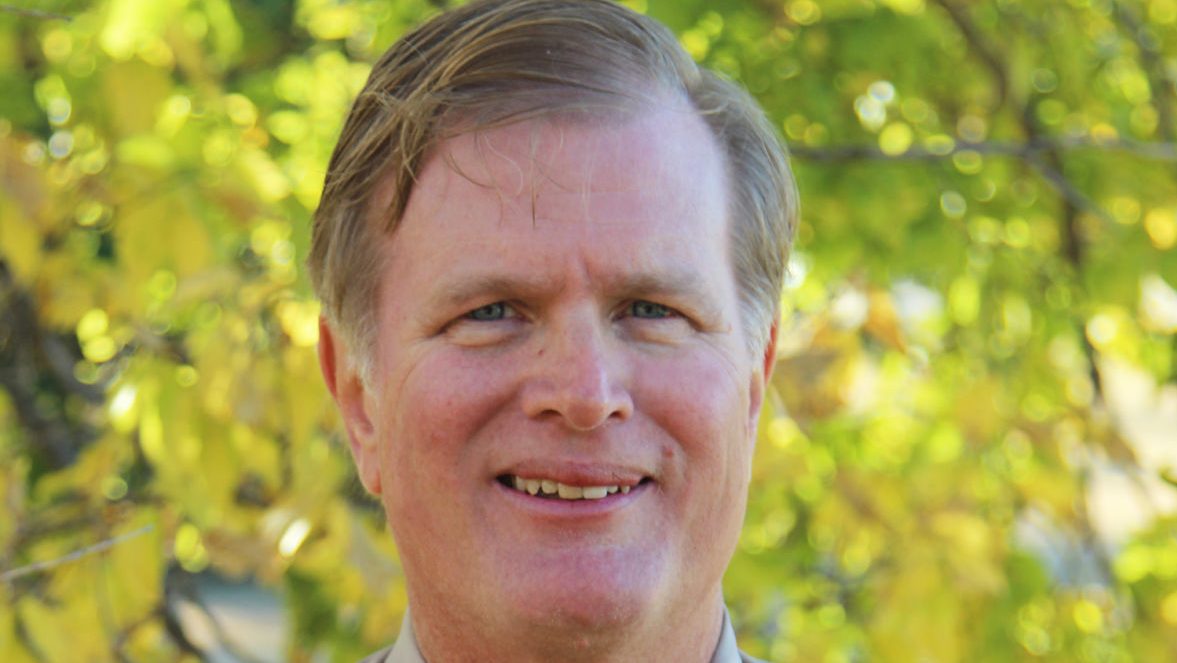Court’s hearing on Proposition 12 hopefully will provide clarity

Agricultural cases rarely capture the public’s eye; however, when the United States Supreme Court agreed to hear the National Pork Producers Council v. Ross, as it is more well known as California Proposition 12, it got more than lip service.
A story by David Murray appears on page 37 as the lead story of our Livestock section.
When California voters in 2018 approved Proposition 12, the Farm Animal Confinement Initiative, with a supporting vote of 67.2% new requirements were imposed on not just California famers but on all U.S. swine farmers who want to sell pork in the state. As Murray notes in his story, California hardly has any pork production but consumes 13% of U.S. pork, which means meeting demand relies on out-of-state producers. Proposition 12 forbids confining animals to prevent them from lying down, standing up or turning around freely. The cost of compliance is difficult for some producers.
Nine of the top 10 hog producing states are concentrated in the Midwest most notably No. 1 Iowa, according to the U.S. Department of Agriculture’s Economic Research Service. After No. 2 producer, North Carolina, the remaining states in production, are Minnesota, Illinois, Indiana, Nebraska, Missouri, Ohio, Kansas, and Oklahoma.
The NPPC, American Farm Bureau Federation, National Cattlemen’s Beef Association are among the groups that have rallied to stop the case. Their concerns have also been supported by the Biden administration.
California voters are not alone in the belief that a state should have the ability to control its own fate as many states have different messages on multiple views whether it is on Medicaid expansion, the use medicinal marijuana or sports gambling. However, when it comes to food production most notably people have traditionally had a hands-off approach and the focus should be on science to make sure the product is safe for people to consume. That is not what Proposition 12 is about.
It should be noted that while there are those who oppose Proposition 12 there are also pork producers who are willing to abide by the decision saying they are more than willing to meet stricter requirements.
The NPPC said it is OK with producers who want to abide by the new requirements but it should be on a voluntary basis and not a mandated one. In the High Plains we believe that voluntary practice is a much better approach than having state-mandated restrictions that can interfere with the marketplace. Also, too many times farmers and ranchers have found that when restrictive measures are put in place there are always isolated cases where producers find loopholes.
On an economical equation, states that export meat need to have a destination because trade goes both ways. Those of us in the Midwest do not wish to impose artificial standards on fruit and vegetable growers beyond the science that meets a common sense and accepted stewardship practice.
Consumers want a safe and reasonably priced food supply and farmers and ranchers continually do that.
When it comes to the Supreme Court it remains an unknown until a final decision is released. Needless to say, many eyes—from an agricultural perspective—will be following this case.
Dave Bergmeier can be reached at 620-227-1822 or [email protected].
